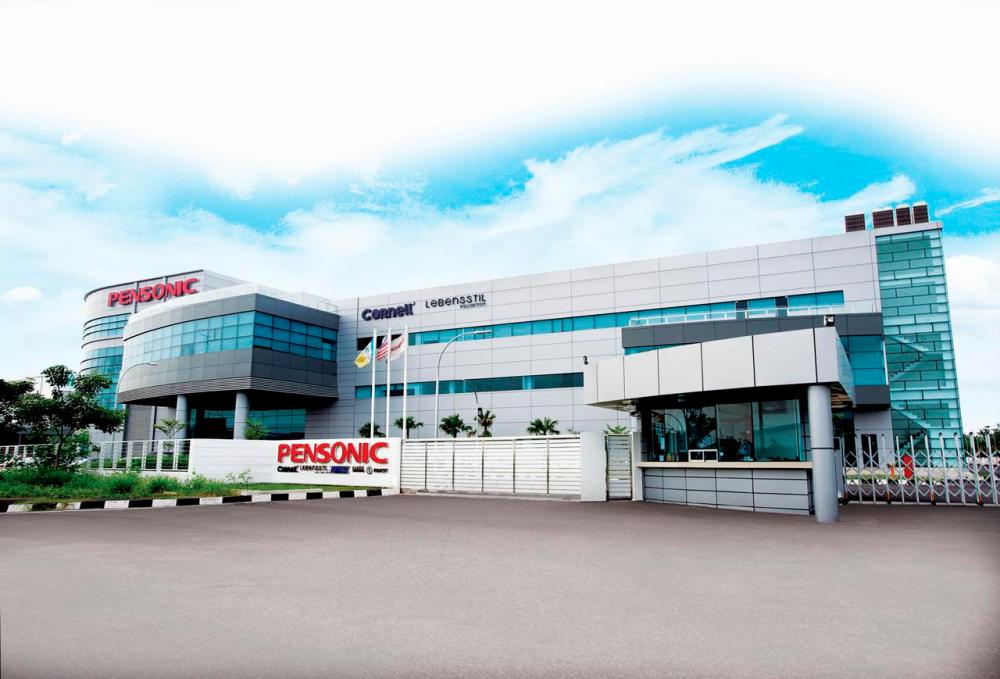KUALA LUMPUR: Bursa Malaysia-listed Pensonic Holdings Bhd (PHB) calls for the government to highlight the importance of adopting advanced technology and automation in the local manufacturing sector in the upcoming 2025 Budget.
PHB calls for capital expenditure (capex) grants and tax incentives to encourage local manufacturers to embrace technologies such as artificial intelligence (AI) and automation systems.
Additionally, the company recommends that the government offer special tax rates or rebates for local manufacturers.
These targeted tax incentives would ensure that Malaysian brands maintain their competitive edge over international competitors in the manufacturing space.
PHB also urges the government to introduce a special accelerated capital allowance (ACA) rate for machinery used in the production of electrical products, reflecting the ACA provided for ICT equipment and customised software.
This allowance would enable local manufacturers to quickly write off investments in machinery, encouraging further technological advancement and improving productivity in the sector.
In addition to building a sustainable manufacturing ecosystem, PHB is advocating for the government to become a more active investor.
The government can help drive the expansion of local brands into global markets by setting up state-backed investment funds focused on supporting Malaysian manufacturers.
This ecosystem-building approach should also encompass upskilling programs, infrastructure development, and access to global distribution networks.
By addressing these gaps, Malaysia can build a fully integrated manufacturing ecosystem that allows local brands to overcome challenges in exporting and scaling their products to international markets.
Besides that, PHB emphasises that to support Malaysian brands in scaling globally, it is critical to address bureaucratic obstacles that hinder growth.
To this end, the company proposes that the government establish a specialised task force to fast-track approval processes for businesses with high global growth potential.
PHB said this task force would be pivotal in removing bureaucratic barriers and simplifying procedures, making it easier for businesses to scale and expand internationally.
Further, PHB said with e-commerce playing an increasingly significant role in modern commerce, the company believes that the government should offer tax rebates or deductions for digital marketing expenditures.
It said this would encourage local companies to invest in expanding their digital presence, which would help local brands more effectively access global markets and tap into e-commerce opportunities.
Lastly, PHB emphasises that to compete globally, local companies must be supported through reduced export customs rates and expanded tax deductions for exports.
By widening the scope of tax deductions to cover all stages of the export process, from manufacturing to sales, the government can incentivise more local companies to enter the international market.
“This would make Malaysian products more competitive and accessible globally,“ it said.
PHB believes these recommendations are essential for building a robust ecosystem enabling local brands to thrive domestically and internationally.









